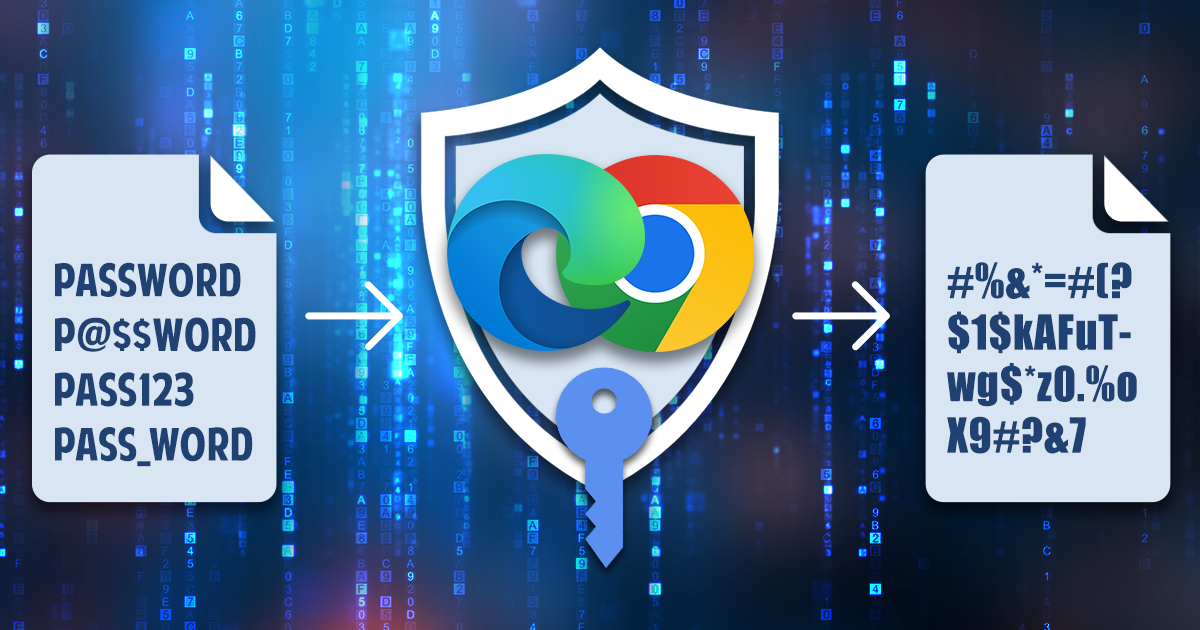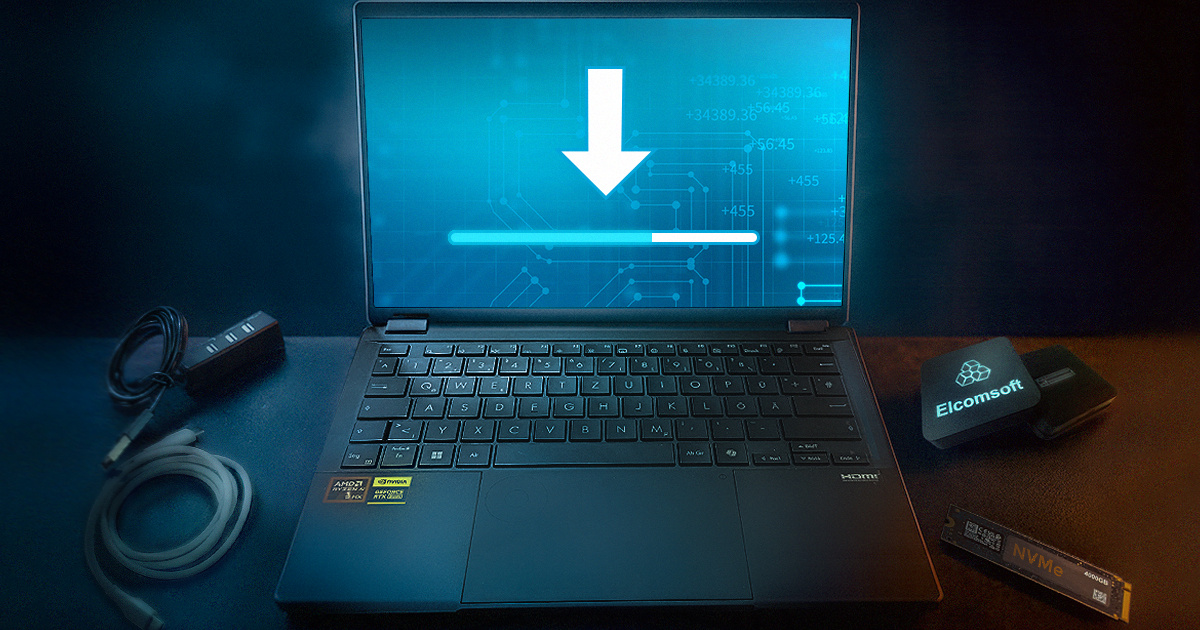Reportedly, Apple dropped plan for encrypting backups after FBI complained. Apple’s decision will undoubtedly cause turmoil and will have a number of consequences. In this article, I want to talk about the technical reasons for encrypting or not encrypting cloud backup, and compare Apple’s approach with the data encryption strategies used by Google, who have been encrypting Android backups for several years.
According to Jim Baker, FBI General Counsel, the bureau can access information on most smartphones they are dealing with, even if encryption is enabled. In this article, we tried to find out which devices they can and cannot unlock, and why.
On Tuesday, a federal judge ordered Apple to assist the authorities in breaking into a locked iPhone 5C used by Syed Farook, who killed 14 in San Bernardino in December. According to the FBI, the phone might contain critical information about connections with Islamic terrorist groups. Apple opposed the motion and published an open letter at https://www.apple.com/customer-letter/ saying that “The United States government has demanded that Apple take an unprecedented step which threatens the security of our customers. We oppose this order, which has implications far beyond the legal case at hand.”


